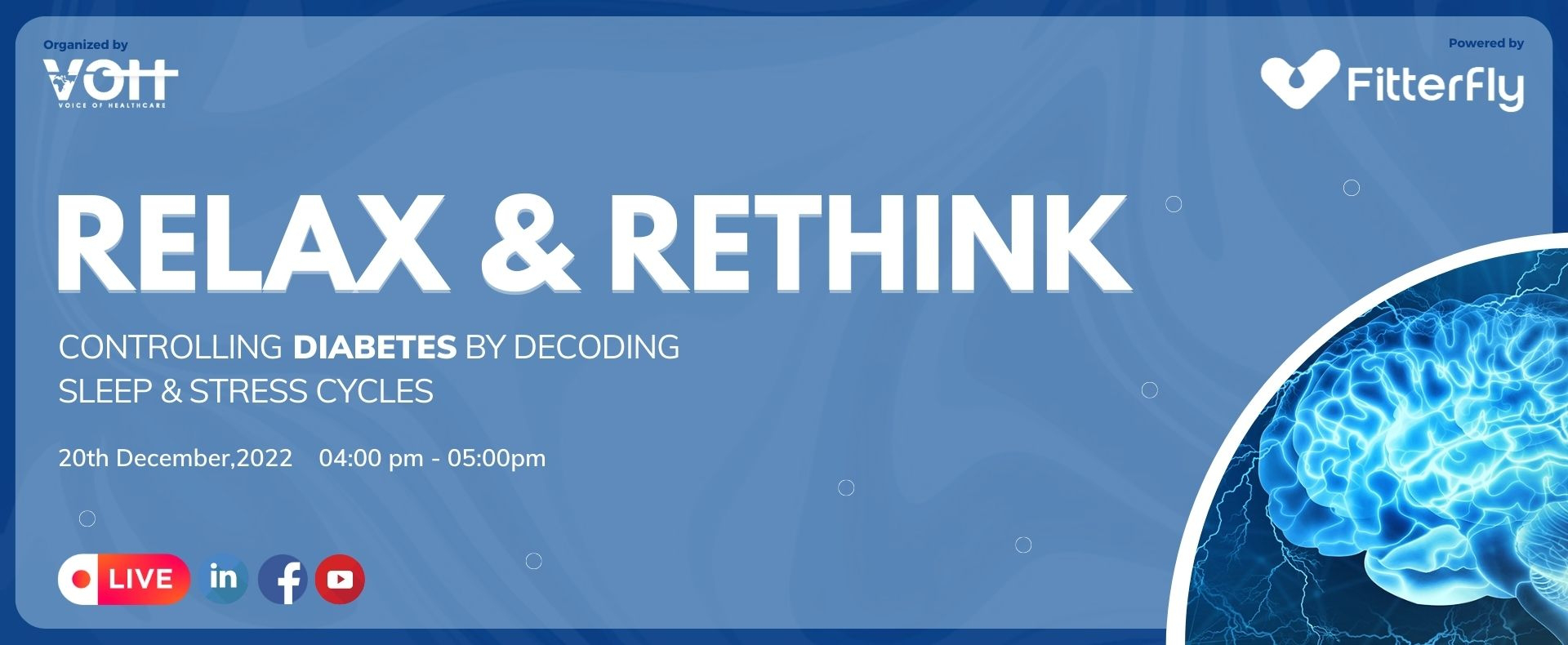Event Background
One in four people with type 1 diabetes have high levels of diabetes distress, as do one in five people with type 2 diabetes. Diabetes distress is when a person feels frustrated, defeated or overwhelmed by diabetes. These feelings can come and go. But diabetes distress can turn into depression if you have these feelings for a while and they aren't going away. Diabetes distress and low adherence to treatment rates are negatively correlated with glycemic control. Stress and poor sleep cycle negatively impact diabetes management and managing it by Cognitive behavioral therapy (CBT) may improve sleep quality and reduce blood sugar levels in patients with T2DM.






